
Doctor warns of alarming health risks of sleeping with a fan on during a heatwave
As summer temperatures soar and the heatwave sets in, many people turn to fans for relief. While these cooling devices are often used to make the night more comfortable, a growing body of medical advice is suggesting that sleeping with a fan on during hot weather may not be as harmless as it seems. According to Dr. Naheed Ali, a US-based medical expert, sleeping with a fan running all night can result in a range of health issues, from dry airways and chest tightness to muscle pain and even allergies exacerbation. These hidden risks, he warns, should be taken into consideration, particularly when heatwaves like the one expected in the UK are in full swing.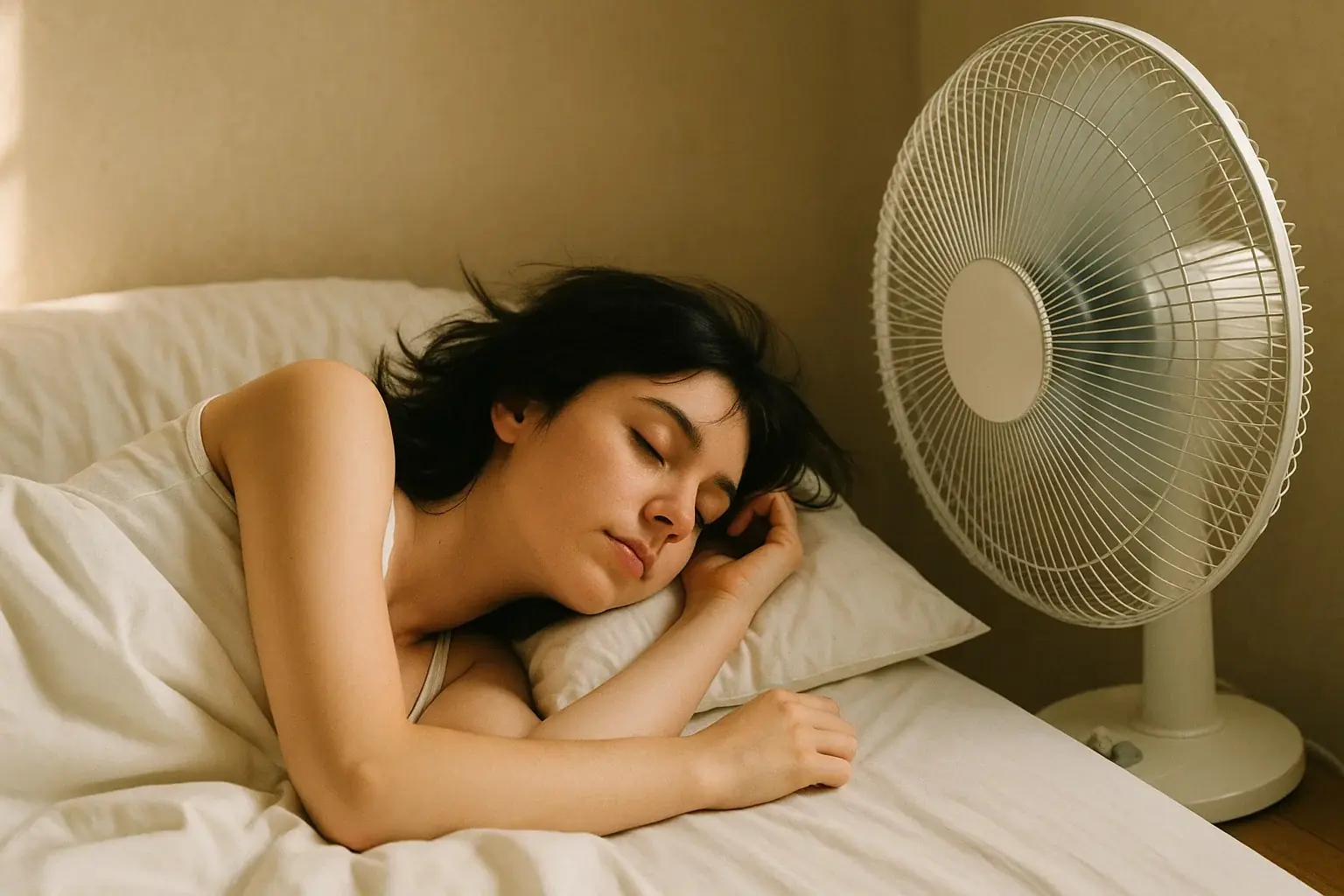
A doctor has warned against using fans all night long, even in a heatwave, suggesting those who suffer from allergies might wake up feeling even worse
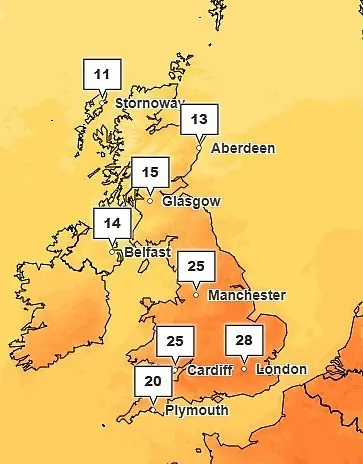
Met Office forecast shows highs of at least 28C in southern England on Thursday
The Hidden Health Risks of Sleeping with a Fan On
Dr. Ali cautions that while fans may provide immediate relief by creating a cooling effect in the room, they also carry several potential risks that could affect one’s health in both the short and long term. One of the most concerning consequences is the irritation of the throat and airways. As the fan blows air continuously throughout the night, it dries out the nasal passages, throat, and other respiratory structures. "The steady airflow of the fan can leave the nasal passages and throat uncomfortably dry by morning," Dr. Ali explains in an interview with LADbible. This dry air irritates the airways, leading to the build-up of mucus in the nose and sinuses, as well as phlegm in the throat.
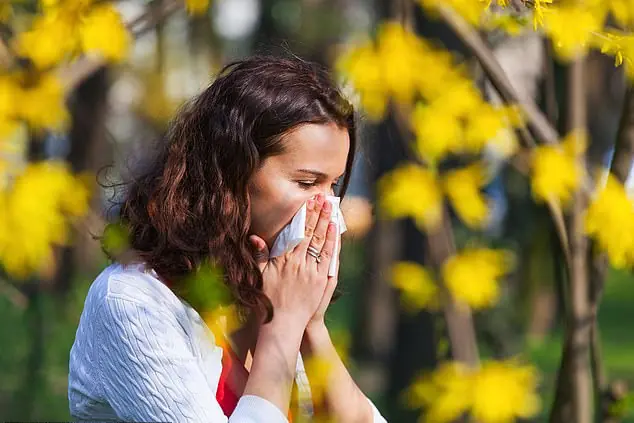

Impact on Asthma and Allergies
For people who suffer from asthma or allergies, the risks associated with sleeping with a fan on are even more significant. Dr. Ali points out that the constant airflow stirs up tiny particles of dust, pollen, and dander, which can be inhaled deep into the lungs. "People with asthma allergies often wake with extra chest tightness after a night with the fan on," says Dr. Ali, highlighting how the increased circulation of these particles can aggravate pre-existing conditions.
As the UK braces for the upcoming heatwave, with temperatures predicted to climb to 30°C in some areas by Thursday, individuals who struggle with asthma or allergies should be particularly cautious. During heatwaves, the concentration of pollen in the air also tends to increase, which further contributes to respiratory discomfort. In such cases, the fan could exacerbate symptoms such as wheezing, shortness of breath, and chest tightness, making it harder for individuals to sleep peacefully and wake up feeling refreshed.
Dr. Ali’s warning is timely, as the UK Met Office reports an early heatwave that could break temperature records. Many people, desperate for relief from the stifling heat, might instinctively reach for their fans to cool the air, unaware of the hidden health consequences.
Cooling Devices: Friend or Foe?
As the temperature rises, studies show that the optimum room temperature for restful sleep is between 16°C and 18°C. Given this, it is understandable that many people feel the need to use a fan or air conditioning to maintain a comfortable sleep environment. However, Dr. Ali urges individuals to rethink their reliance on cooling devices and be mindful of the risks associated with them, especially during heatwaves.
The cooling effects of a fan are often appreciated in warm weather, as the air circulates and creates a sense of comfort. However, when used for extended periods during the night, the continuous airflow can contribute to discomfort and irritation. Dr. Ali warns that sleeping with a fan on can result in more than just a dry throat or nasal passages. Over the course of several hours, the body can experience a "hidden stress" that takes a toll on its overall well-being. This stress occurs because the fan restricts blood flow to muscles, leaving them feeling stiff and fatigued by morning.
Muscle and Joint Problems
Another concern raised by Dr. Ali is the potential for muscle and joint issues. According to the doctor, sleeping with a fan on for long hours can cause the air to cool the muscles and joints, leading to a subtle drop in tissue temperature. "Cool air against muscles and joints for seven or eight hours can cause a subtle drop in tissue temperature," Dr. Ali explains. As the body cools down, the muscles tighten as a natural defense mechanism, resulting in muscle aches and stiffness when waking up.
The tension caused by prolonged exposure to cool air may persist until the individual takes a warm shower or engages in some gentle stretching to restore normal blood flow. In more severe cases, the tightness may lead to discomfort or pain that lasts for several hours after waking up. These muscle-related issues can be especially bothersome for individuals with pre-existing musculoskeletal conditions, such as arthritis or fibromyalgia.
Coping with the Heat Without the Fan
Despite these health risks, Dr. Ali emphasizes that there is no need to abandon the fan entirely, as it remains a helpful tool for cooling down during hot weather. However, he suggests several ways to mitigate the potential side effects associated with fan use during the night. "If a fan is the only way to keep the room comfortable, place it on a timer that shuts off after the first sleep cycle of ninety minutes," Dr. Ali advises. This helps limit the duration of airflow exposure, reducing the likelihood of dryness and muscle tension.
In addition to setting a timer, Dr. Ali recommends positioning the fan away from the bed, directing the airflow toward an opposite wall rather than directly at the sleeper. This will allow the fan to cool the room without creating uncomfortable air currents that dry out the airways or cause muscle tightness. To further alleviate discomfort, Dr. Ali suggests keeping a glass of water by the bedside to sip on throughout the night. "These small adjustments let the fan cool the room without increasing discomfort in the airways or joints during the full night," he explains.
Tips for Coping with Hot Weather
While using a fan in moderation can help with sleep during a heatwave, the NHS advises a few additional tips for staying cool in hot weather. The best way to cope with the heat is to keep living spaces cool during the day and night. This can be achieved by closing windows during the day to prevent hot air from entering and opening them at night when the temperature has dropped. If possible, using air conditioning or cooling systems can further reduce the room temperature and create a more comfortable sleeping environment.
Moreover, individuals suffering from allergies, especially those prone to hay fever, should take extra precautions during periods of high pollen levels. The Met Office has forecasted that pollen levels will be "very high" for much of southern England and Wales, adding to the discomfort of those affected by allergens. Medical charity Allergy UK advises people to stay indoors where possible, especially during peak pollen hours. They also recommend showering and washing hair regularly, as well as removing the top layer of clothing when coming indoors to avoid spreading pollen around the house.
Conclusion
As the heatwave looms and temperatures continue to rise, it is essential for individuals to consider the hidden health risks associated with sleeping with a fan on. While the fan may offer immediate relief from the heat, it can lead to irritation of the airways, muscle aches, and aggravation of allergies. By understanding these risks and making small adjustments, such as using a timer, repositioning the fan, and staying hydrated, individuals can minimize discomfort while still enjoying a cooler sleep environment.
Ultimately, the key to staying healthy during a heatwave is to strike a balance between cooling down the room and protecting the body from unnecessary stress. By following expert advice and taking precautions, individuals can make the most of the summer months without compromising their health.
News in the same category

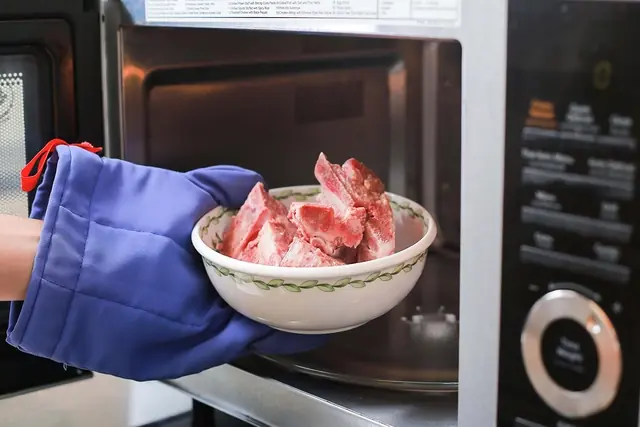
4 Common Meat Thawing Mistakes That Could Put Your Family's Health at Risk

Doctor reveals two little-known signs of skin cancer that everyone misses
Along with the more obvious signs such as changes in moles, these hidden symptoms should be taken seriously.
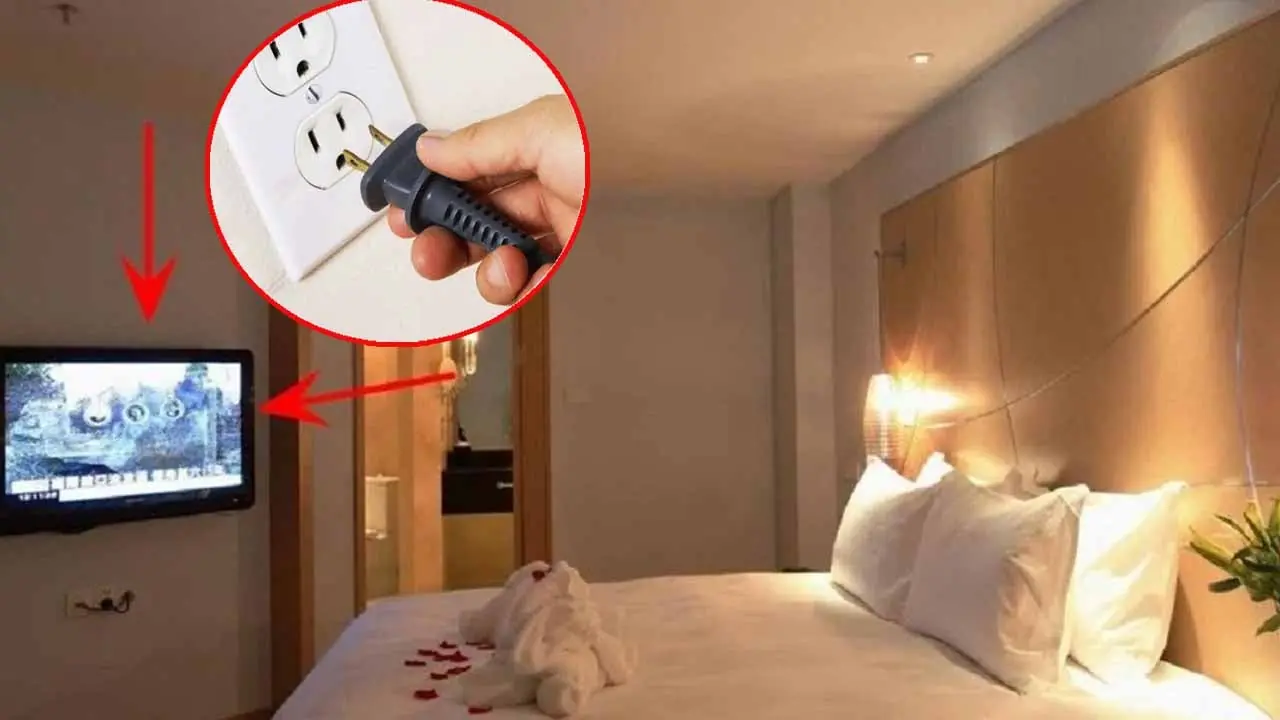
Why You Should Unplug the Hotel TV Immediately After Checking In

How to Keep Ripe Avocados Fresh and Creamy for Days
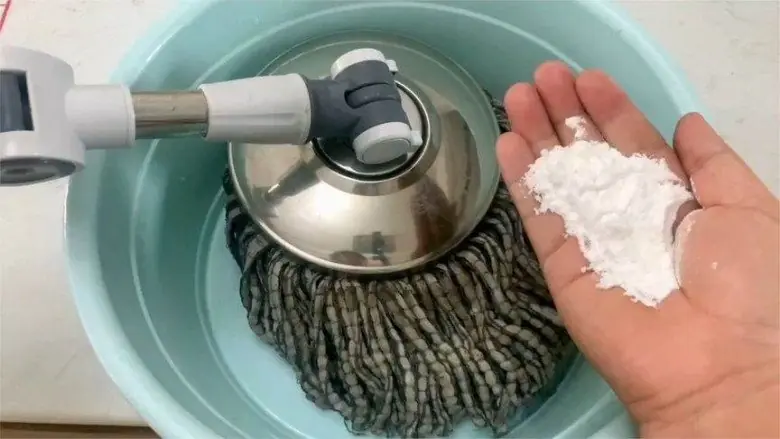
Secret cleaning tip: how to keep your floors clean and dust-free for seven days

How to Tell the Difference Between Naturally Ripened Durian and Chemical-Ripened Ones

3 Simple Items That Help Save Electricity for Your Fridge

The Silent D@nger: 4 'Healthy' Vegetables That Can H@rm Your Kidneys

Top 4 Fruits to Limit for a Healthier Liver
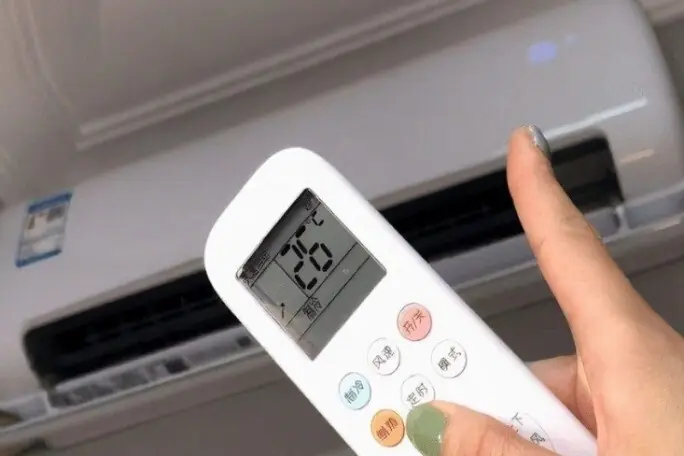
Why Smart People Never Set Their Air Conditioner to 26°C at Night
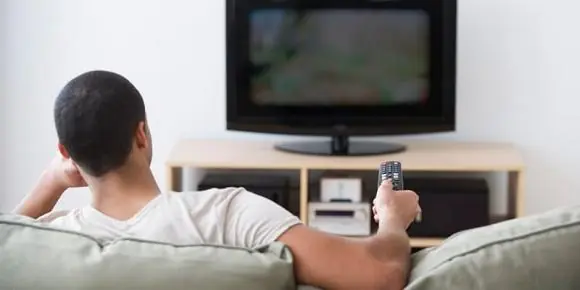
How to Position Your TV in the Living Room for Optimal Health and Wealth

Hidden D@ngers on Your Dinner Plate: 3 Common Vegetables That May Be D@m@ging Your Digestive Health

Doctors warn just one glass of this drink a day could increase risk of being diagnosed with cancer
A doctor in New York City has discovered a worrying trend between a drink almost two-thirds of Americans enjoy and an aggressive cancer.

Many Confuse This Plant with a Weed, But It’s Actually Full of Surprising Health Benefits
From providing omega-3 fatty acids to supporting heart, bone, and kidney health, purslane offers a wide range of benefits.
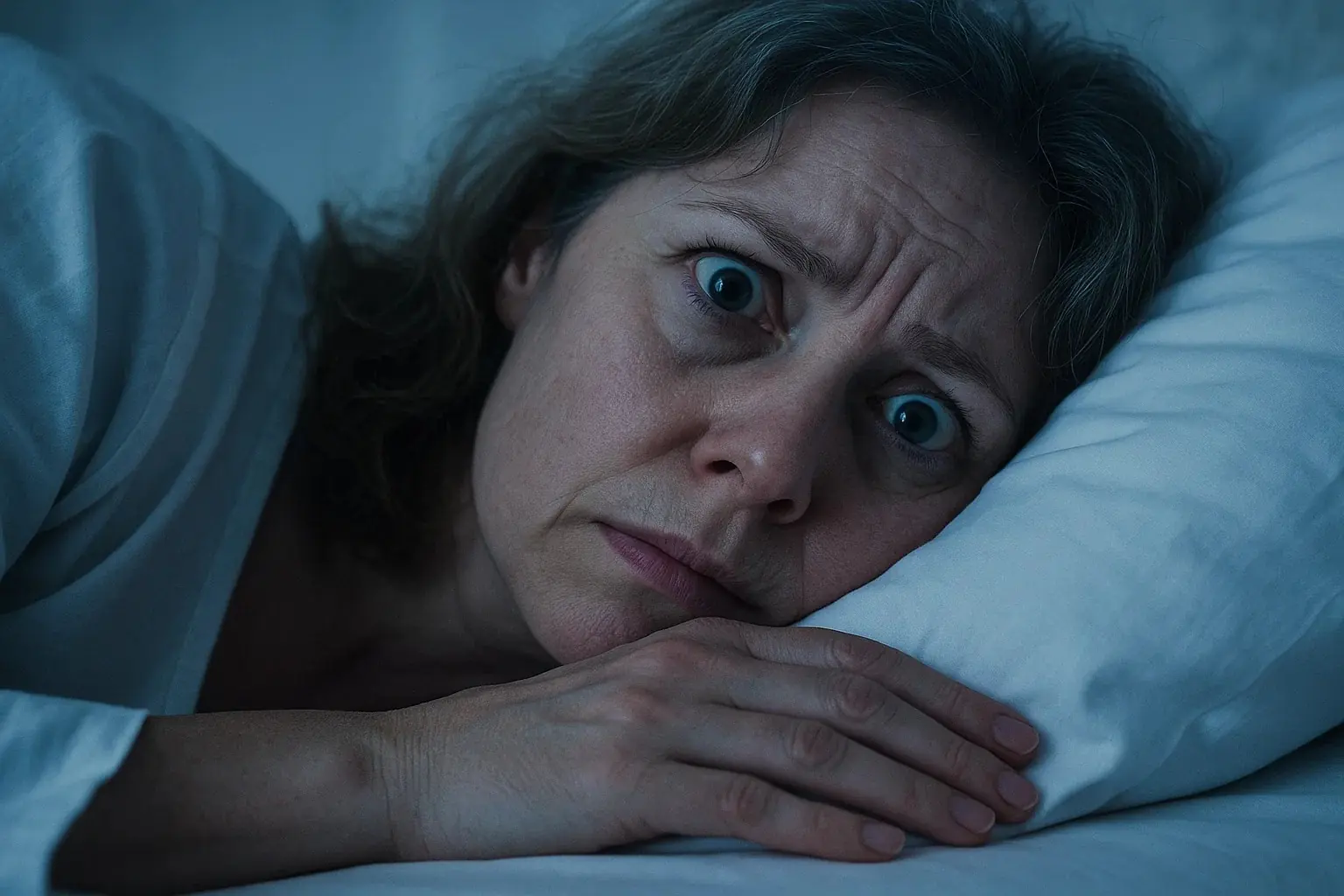
Doctor reveals the one sound people make that means they have under 24 hours left to live
This phenomenon is most commonly observed as the person drifts in and out of consciousness, and their breathing becomes more labored.

Don't Underestimate This Common Feature of Rice Cookers: It Could Be Harmful to Your Health
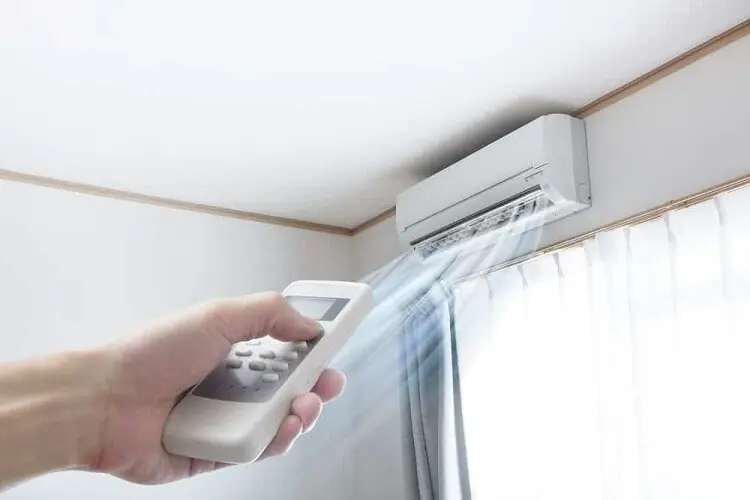
Smart People Know This Trick: Save Up to 50% on Your Monthly Electricity Bill by Adjusting Your Air Conditioner
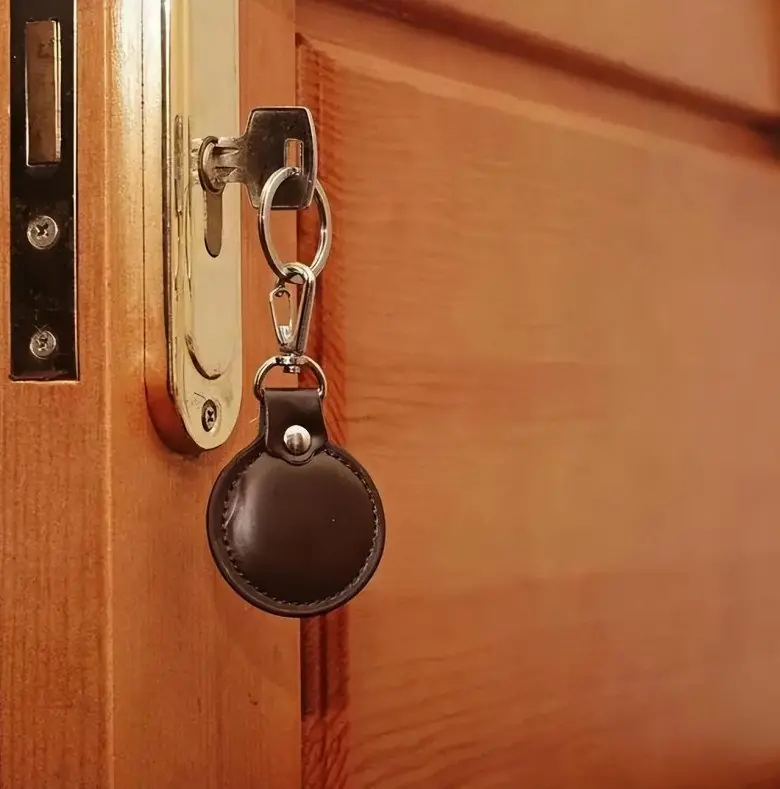
Why Smart People Often Insert a Key into the Door When Sleeping: A Simple Habit with Big Benefits
News Post

DIY 3 Seed Drink For Losing Weight Fast: Natural, Effective, and Easy to Make
By combining cumin, fennel, flaxseeds, carom seeds, and ginger, you can support your body’s natural fat-burning processes, improve digestion, and reduce bloating. This natural remedy is affordable, easy to make, and free from harmful chemicals.

3 Yellow Signs and 1 Red Flag: Check Now to See If Your Liver is Healthy

4 Common Meat Thawing Mistakes That Could Put Your Family's Health at Risk

Ancient Indian Hair Oil Remedy: Get Crazy Hair Growth Naturally
The ingredients in this ancient Indian remedy work together to nourish and revitalize the scalp, providing your hair with the nutrients it needs to grow strong, thick, and beautiful.

Homemade Neem Gel for Clear and Flawless Skin: Your Ultimate Natural Solution for Acne, Blemishes, and Aging
Incorporating neem gel into your skincare routine is a simple and effective way to achieve clear, healthy, and radiant skin.

Doctor reveals two little-known signs of skin cancer that everyone misses
Along with the more obvious signs such as changes in moles, these hidden symptoms should be taken seriously.

Why You Should Unplug the Hotel TV Immediately After Checking In

How to Keep Ripe Avocados Fresh and Creamy for Days

Secret cleaning tip: how to keep your floors clean and dust-free for seven days

How to Tell the Difference Between Naturally Ripened Durian and Chemical-Ripened Ones

Homemade Eye Roll To Get Rid Of Dark Circles: The Ultimate Natural Remedy for Dark Circles
The homemade eye roll remedy we’ve shared today combines the soothing, brightening, and hydrating powers of olive oil, aloe vera, lemon zest, and raw milk to help reduce puffiness, lighten dark circles, and restore the vitality of the delicate skin arou

3 Simple Items That Help Save Electricity for Your Fridge

The Silent D@nger: 4 'Healthy' Vegetables That Can H@rm Your Kidneys

Top 4 Fruits to Limit for a Healthier Liver
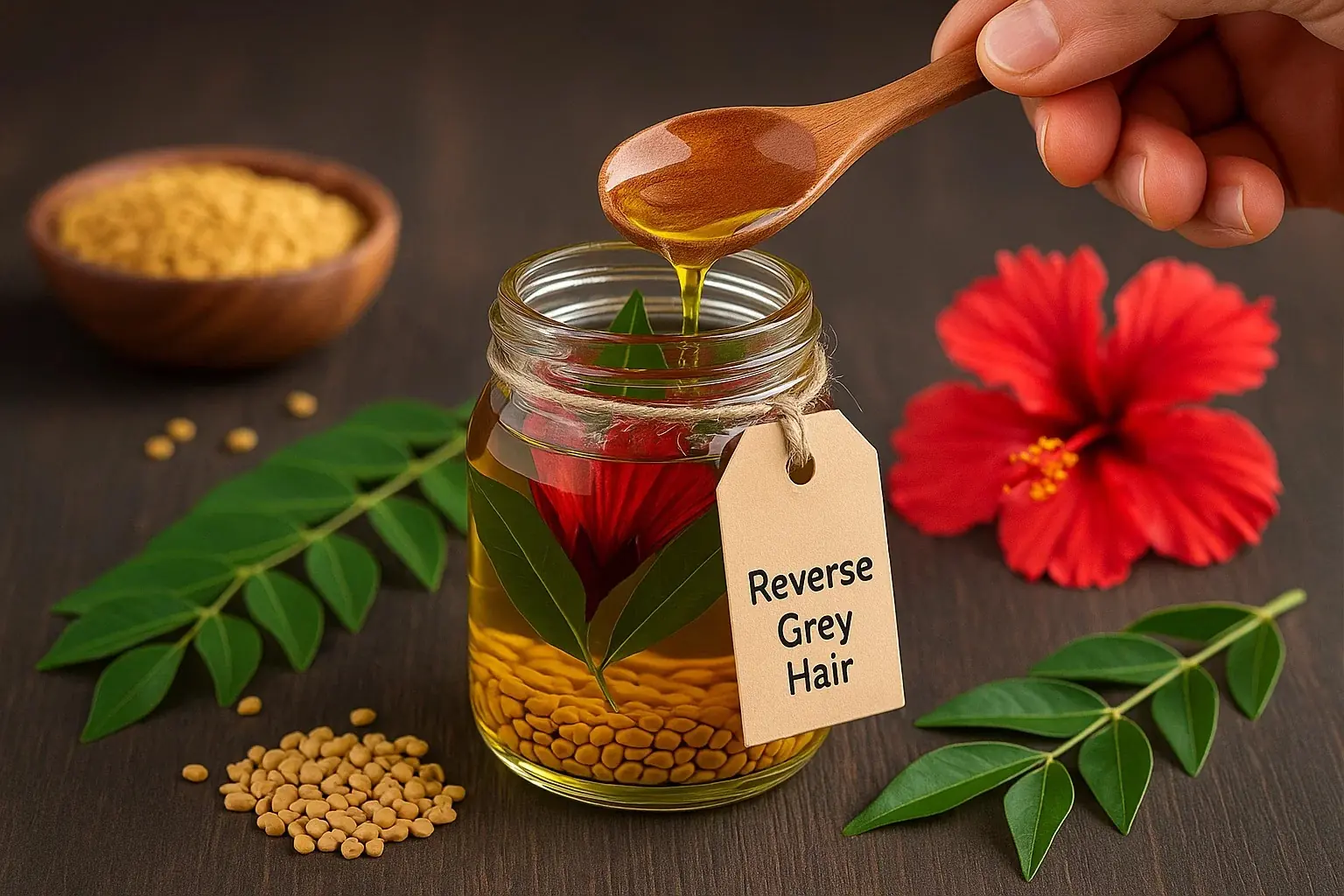
Natural Remedy to Reverse Grey Hair: Unlocking the Secrets to Rejuvenate Your Hair Color
This DIY remedy offers a holistic approach to hair health-nourishing from within and the outside.

5 Powerful Ways to Use Vaseline for Anti-Aging: Natural Remedies for Smoother, Wrinkle-Free Skin
Try these 5 homemade Vaseline treatments today, and enjoy youthful, wrinkle-free, and radiant skin with the power of nature!

Erase Wrinkles and Achieve Glowing Skin Naturally: The Ultimate Banana Face Pack for Youthful Radiance
By incorporating natural ingredients like banana peels, rice, cornstarch, and lemon juice, you can nourish your skin and achieve a radiant, youthful complexion without harsh chemicals or expensive treatments.

Why Smart People Never Set Their Air Conditioner to 26°C at Night
